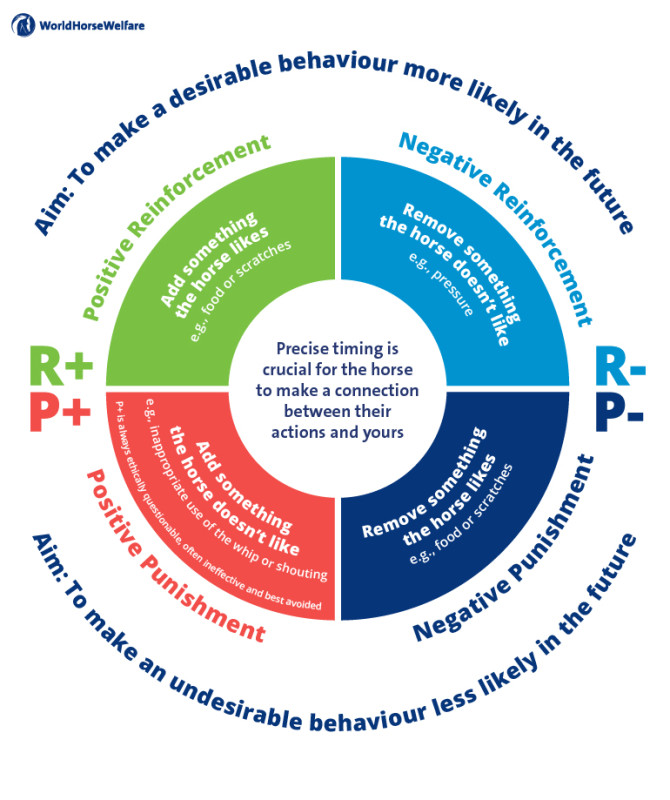Foal NZ has utilized learning theory to boost relaxation and confidence in young thoroughbreds, a story first spotlighted by the Paulick Report. The drive to produce high-performing racehorses that are less stressed, less prone to sudden reactions, and enjoy better welfare is a priority. Proper application of learning theory principles from a young age has demonstrated the potential to transform racehorse training.
Learning theory delves into how horses acquire, process, and retain knowledge essential for their performance. For trainers and handlers, this means gaining a deeper insight into equine learning. While some skilled trainers naturally use these principles intuitively, a conscious, correct application can make all the difference.
In the past two decades, horse welfare and social license to operate have become paramount. A failure to understand the horse’s brain capabilities and limits can cause confusion, stress, and unsafe behaviors. On the other hand, employing learning theory can streamline training, reduce injury risk for both horses and handlers, and enhance overall efficiency.
Foal NZ, a globally renowned program in New Zealand, has achieved remarkable success by integrating learning theory into their training of thoroughbred foals. Over 20 years, they have conducted more than 35,000 injury-free training sessions, culminating in million-dollar earnings and producing champions like “So You Think,” “Military Move,” and “Jimmy Choux.” According to Sally King of Foal NZ, learning theory explains various training methods via four key quadrants that shape behavior based on outcomes.
Their approach primarily uses positive and negative reinforcement. For example, foals learn to move forward through rope pressure (negative reinforcement), which is released as soon as the foal responds. Positive reinforcement, such as gentle strokes on the foal’s neck, rewards desired behavior once the foal is comfortable with human touch. This method helps foals relax and gain confidence in their learning and relationships with people.
Positive punishment (e.g., unpleasant voices or physical corrections) is less effective, often leading to anxiety, fear, and impaired brain function in horses, just as research on humans suggests similar effects on children. Negative punishment (removal of rewards) is also discouraged due to potential stress. Training techniques like desensitization, which gradually acclimates horses to stimuli, are preferred over flooding—forcing exposure to fear-inducing stimuli—which can cause stress buildup and sudden fear responses.
An example of learning theory in practice is how trainers “shape” horses’ responses to starting gates gradually by breaking down the experience into smaller steps, acknowledging horses’ natural social and prey instincts. Consistency and timing are critical: horses perform best when they can predict and reliably respond to cues.
Training effectiveness depends on recognizing cues, responses, and stress indicators. Younger thoroughbreds, exposed to various handlers and environments, need focused cue-response training to succeed under pressure in different settings.
Resources like Dr. Gemma Pearson’s “Don’t Break Your Vet” video series provide accessible guidance on fostering desired behaviors without conflict. By applying learning principles that reduce fear and avoidance, young horses become more willing, adaptable, and safer to handle.
A study by Dr. Katrina Melky reveals many people struggle to accurately interpret horse emotions, especially subtle cues like ear positioning, eye strain, and nostril flares. Recognizing these signs can improve human-horse interactions and early detection of physical or emotional distress. Training tools like the horse grimace scale, used by professionals such as the Hamilton Mount Police Unit, help decode these subtle behaviors daily.
Melky stresses the importance of shifting perspectives—not anthropomorphizing horses but understanding their experiences. This requires questioning industry norms that dismiss common discomfort signals, like horses’ ear positioning during girth tightening or resistance to grooming, which might indicate pain or anxiety.
One promising training method is positive reinforcement, which rewards good behavior and fosters trust. Despite misconceptions, it encourages cooperation without fear or pressure. Rewards can be treats, scratches, or access to favored spaces, tailoring motivation to individual horses.
Understanding horses’ subtle body language during handling—like whether they approach or avoid—can transform training into a supportive, enjoyable process, creating mutual respect and stronger bonds.
Overall, fostering positive interactions improves welfare and safety, as negative experiences can breed fear and resistance. For those seeking kinder, more effective training, learning theory offers a path to reduce stress and build confident, successful racehorses.
Equine Guelph offers educational courses to deepen understanding of horse behavior.
References to this topic include research from Foal NZ, Dr. Merkies, World Horse Welfare, and the Paulick Report.
—
Fan Take: This innovative approach highlights how science-driven training can revolutionize thoroughbred racing by improving horse welfare and performance simultaneously. For racing fans, it means witnessing healthier, happier horses competing at their peak, promising a more compassionate and sustainable future for the sport.



